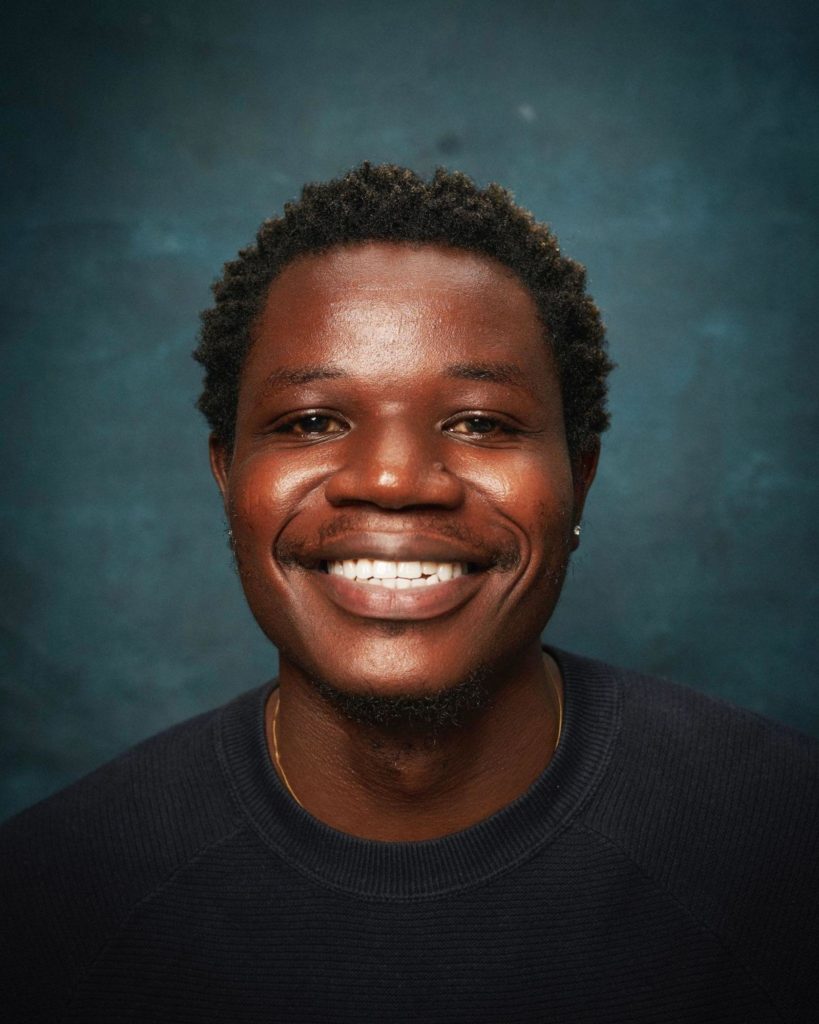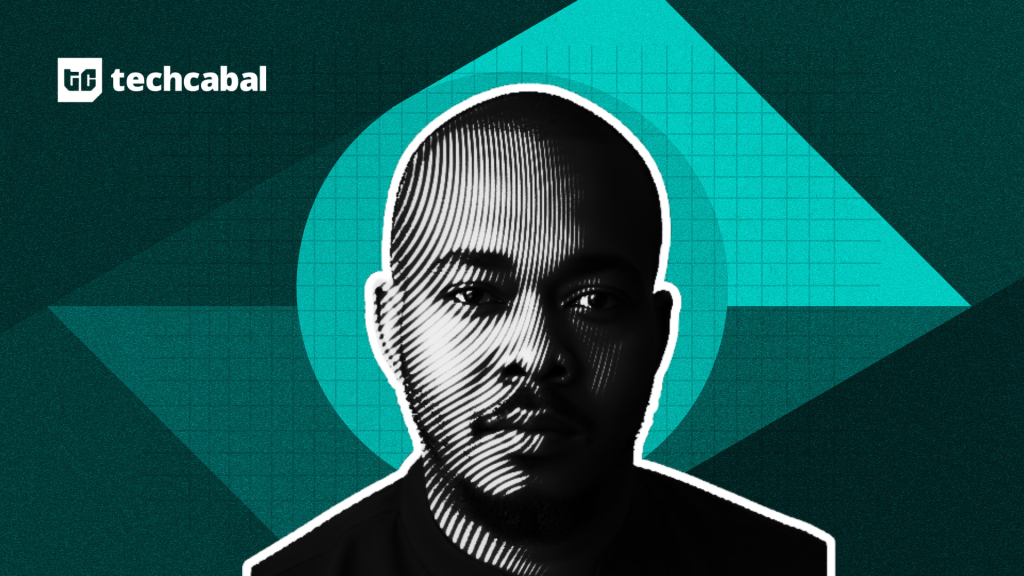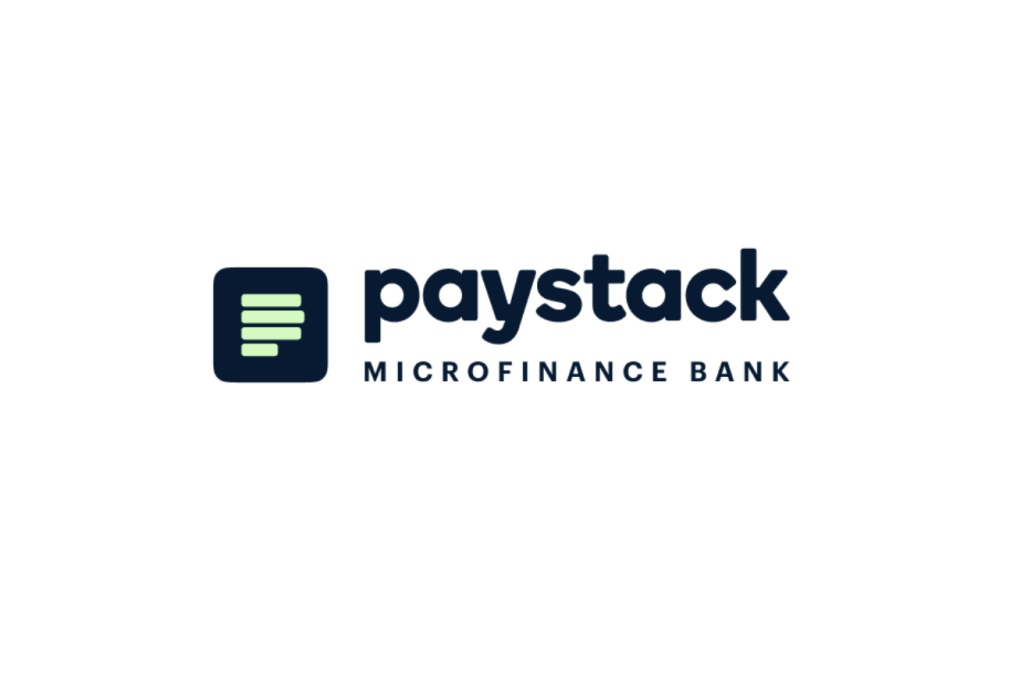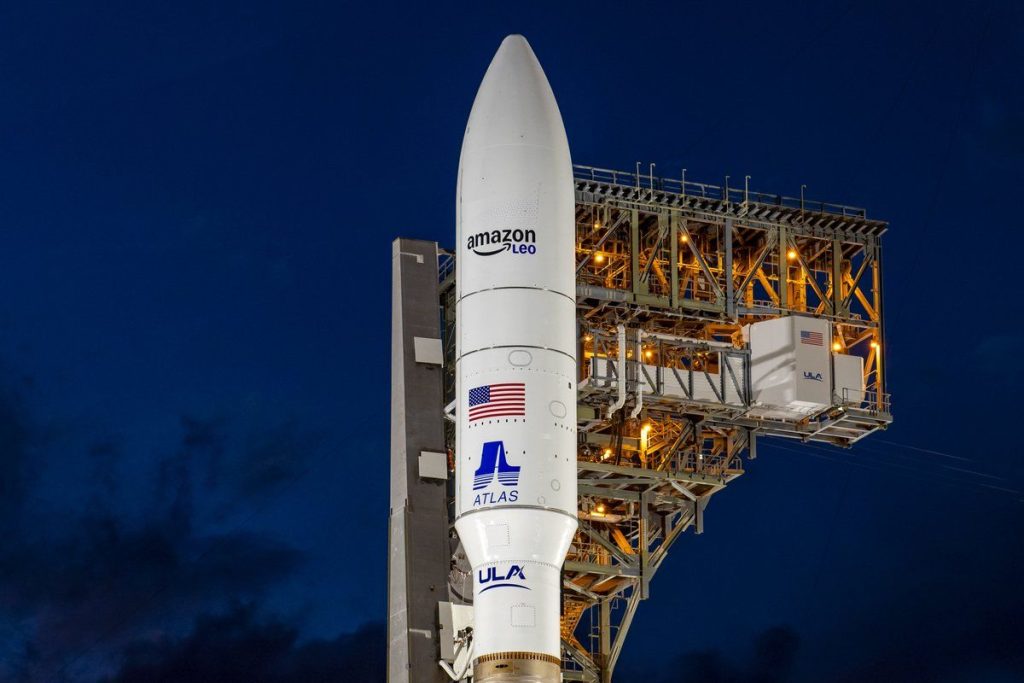
Otiga Alih, now head of strategy and digital at marketing agency, Adagba, remembers wanting to become a petrochemical engineer, or actor, as a child. This was inspired by an old Nollywood movie starring Jim Iyke, as a petrochemical engineer, who was also rich. This last part Otiga emphasises on. He was thrust into the world of science in secondary school, however, and went on, in 2014, to study Geography and Planning in the university, as most Nigerian students, given a course he didn’t apply for.
University wasn’t an entirely smooth ride. Although he didn’t know that his life before university, that is, working in his sister’s cyber café, was the cinnamon that’d spice the career life he’d go into after school. He was exposed to computers very early as his secondary school had a computer lab. And during the holidays, he’d play with his mother’s laptop when she went to work and left it at home, even when he was not allowed to. Even though it wasn’t connected to the Internet, he says, he found Encarta and Mavis Beacon very exciting to explore.
Before the startup boom in 2019 through 2022, Otiga Alih had already built a life that would inevitably usher him into the tech world, with an accessory of brand marketing and digital comms. He registered his first business in 2012 from part of the money his sister gave him to buy a camera for an Instant 2min Passport business, which “seriously wasn’t for me,” he says. The rest, as you know, is history.
Where did it all start?
In secondary school, I was that guy friends came to when they had issues with their phone or tried to navigate through their phone settings. But everything began to kick in properly after I graduated and went to work at my sister’s cyber café. I was sleeping on computers day and night. My curiosity led me to explore new possibilities, including blogging about entertainment and other topics. I was curious to know what was happening. At the time, Linda Ikeji and the rest were big on the Internet. Gradually, friends started asking me what is this thing I’m doing, if I could help them set up blogs. Soon enough I started building websites for small businesses as things began to take shape. Then came freelancing, which I built a business around.
How did you grow your skills?
I was reading and taking tutorials, and just discovering stuff. At the cyber café, the major things we did was to type projects and help people fill online forms, and so on. But I became curious. “How do you even build a website?” I asked myself. So I started learning how to code. I took lessons on HTML and CSS, the foundational tech stuff, with just playing around with computers. Blogging earlier introduced me to growth and product marketing, so the hands-on experience was instrumental in building and growing digital platforms.
Were you building websites from scratch with coding, or using tools like Blogger?
Initially, I built from scratch, but I quickly realised CMS platforms like WordPress and the rest, made things easier. I learnt code just enough to customise the platforms, and went on to other areas.
When you were doing all of this, did an idea form in your mind that this was an actual career path?
No, not really. I was just happy with that.
When was the moment of clarity then, to go into brand marketing and build a digital agency?
I think it was my final year in the university. It’s a time when, obviously, you ask yourself what’s next. From my time at the cyber café and freelancing, I had already set up an agency with a friend who was in charge of branding, while I was building websites, coding and, you know, doing sales too. So my thought was that when I get out of university, I would build a business around this because I was already making some money with it while on campus.
So then you had a brand. What was the brand name—was it Adagba or something else?
Yes, Adagba. But it had taken so many forms before we got here. I remember in particular before uni, that my sister wanted to buy me a camera so I could start instant 2-minute passports. But I wasn’t into all of that, as I was already into computers. So when she gave me that money—I think it was 20 thousand naira—I took part of it and registered a business name called Otiga Technologies. It was through it that I was doing all my freelance work.
What were the biggest platforms you built for your clients during that time?
One standout was Praxis Magazine, which became a significant platform in the arts and literary space, discovering new talents like TJ Benson and Romeo Oriogun. It was a project I was proud of. I also worked with NGOs, real estate firms in Abuja, and projects like the Zarita Fashion & Arts Show, where I handled brand marketing, website development, and social media.
But then you moved to Lagos.
Yes. I thought to myself, you know, I wanted growth commensurate with my goals. Where was it that I needed to be? That was Lagos, obviously. It is arguably the tech capital of West Africa, and all the ideal clients I wanted to work with were here in Lagos. So in 2019 I moved here to continue my journey. It was a different landscape entirely.
Did you feel ready before moving?
Not really but I knew it was the next step in my career because I’d seen the gap and understood there was still so much to learn and do. This then necessitated my going to work for another top digital agency. I had about 3 years there working in sales and doing general marketing stuff.
At Anakle?
Yes. That was Anakle.
What was it like?
I loved it. The environment provided an opportunity for me to grow. Within a short time, I was leading the team to pitch and win some of the biggest brands in the space. I also enjoyed seeing the impact of our work on these brands. I’m talking unicorns and multinationals, so it felt purposeful. I was promoted to senior sales and was head of the internship programme before I left.

What was happening to Adagba during this time?
Adagba was active, I worked late nights and weekends on several projects. We led a digital transformation for a top university, recently acquired by the Honoris United Universities group, building their website, application portals, and software. As the country’s startup boom surged, we helped tech startups develop MVPs and go-to-market strategy, including branding for ThriveAgric’s new product. After completing all projects, I took a sabbatical to rest and explore personal interests.
What’s the focus of Adagba now?
Since my return full-time, we’ve had clients come on board. In the past 1 year, we have been working with a global industrial manufacturer to establish their Nigerian imprint. We did the foundational work on the brand and go-to-market strategy. The execution was successful. We are discussing doing more. This is aside work for our long-standing client operating in the renewable energy space. I’m proud of the team we’ve built and look forward to doing more impactful work at scale.
How have you approached building your team at Adagba?
“I go where the work needs me—a philosophy that has shaped my career and my team-building approach.”
It’s about clearing barriers so talented people can do their best work and enjoy the process. The team thrives on shared values, going beyond the usual to deliver exceptional results.
We find this is a common trait among most of our team members and I think my upbringing has significantly influenced that too. Over the years, I’ve taken on various roles and responsibilities within my work, adapting to wherever I was needed most. I like to say that I go where the work needs me. That’s a trait we optimise for in team building.
What should one look out for in following a similar career path?
“Sales is about personal connections; people do business with those they like.”
Know what you want and go all out to get it. If you’re unsure, follow your curiosity—it’s a great guide, especially if you’re a generalist like me. Adapting to new areas always requires new skills, so embrace the challenge. This mindset has expanded my professional life and consistently led me to the next step, creating the path as I go.
What problem have you observed with the sales function in many startups and organizations today?
The textbook approach often feels rigid, like the cold calls I get from salespeople following a script. Sales is about building personal connections and finding shared experiences, which means relating to people on different levels. A valuable lesson I learned early on in my career, is that people do business with those they like.










